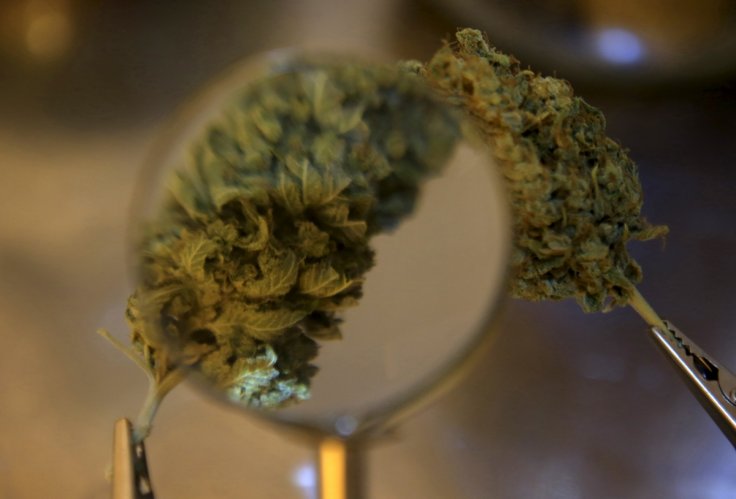
People suffering from Parkinson's Disease will be treated with cannabidiol (CBD) – a compound found in the cannabis plant – in a £1.2 million pioneering clinical trial.
The phase II trial by King's College London scientists in collaboration with Parkinson's UK, the largest charitable funder of Parkinson's research in Europe, will aim to provide preliminary evidence for the safety and efficacy of CBD in alleviating the symptoms of Parkinson's-related psychosis characterized by hallucinations and delusions.
The move comes after laws on cannabis-based medicines were relaxed last year, making them available on prescription for conditions including epilepsy and multiple sclerosis.
About 145,000 people are affected with Parkinson's in the UK and between 50 and 60 percent of them will at some point in their life be affected by psychosis, including hallucinations -- when individuals see, hear or feel things that are not really there, and delusions such as the development of untrue fixed beliefs.
Currently, these symptoms are treated with anti-psychotic drugs that often result in worsened motor symptoms and side effects.
Parkinson's patients in a survey told the charity they would continue to use or start using cannabis-derived products if robust evidence suggested they were safe and effective in treating the symptoms.
The trial due to start next year will begin with a six-week pilot to assess the safety, tolerability, and effectiveness of pharmaceutical-grade CBD in people with Parkinson's-related psychosis by finding the optimum dose through oral capsules of up to 1,000 mg/day, Medical Express reported.
The trial in the second stage will recruit 120 people with Parkinson's-related psychosis in a 12-week double-blind, placebo-controlled study to assess the safety and effectiveness of CBD by administering the compound to half the group and placebo to rest.
Researchers will then carry out detailed assessments of psychotic, motor and non-motor symptoms using brain imaging method.
The announcement comes ahead of final guidance on medicinal cannabis scheduled to be published next month by the National Institute for Health and Care Excellence.
Dr. Arthur Roach, Director of Research at Parkinson's UK, said the trial would provide evidence of the value of CBD to treat the symptoms of hallucinations and delusions in people with Parkinson's.
Lead Researcher, Professor Sagnik Bhattacharya, Professor of Translational Neuroscience and Psychiatry at King's College London, argued the clinical trial would determine for the first time whether CBD could correct the abnormal functioning of the brain that caused symptoms including hallucinations and delusions.
He said the current treatments prescribed for psychosis worked by blocking dopamine receptors that could increase the problems people with Parkinson's experienced with movement and other symptoms.









